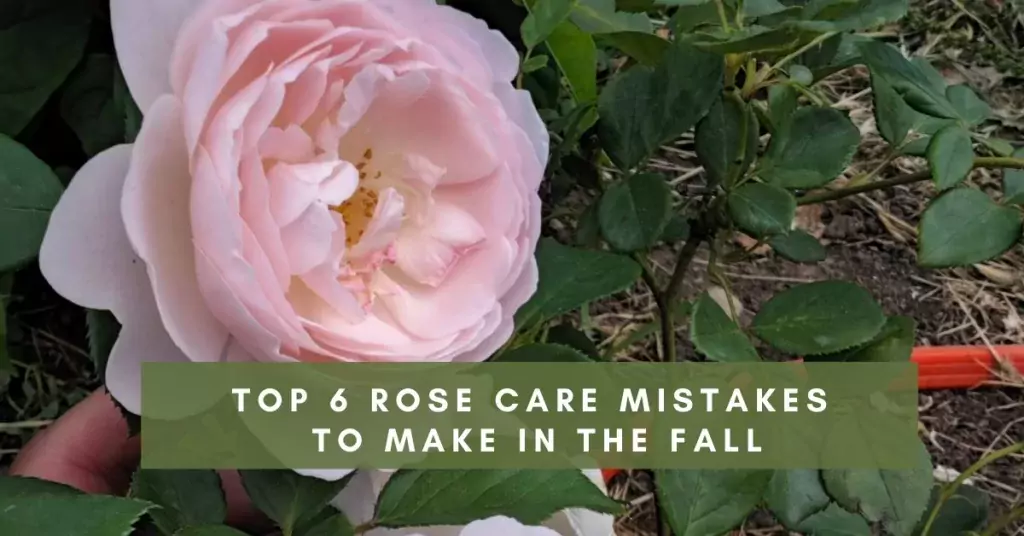As the brilliant hues of summer begin to dim, gardeners frequently contemplate the optimal care routine for their cherished roses as autumn arrives. Preparing rose bushes for the forthcoming dormant winter period is essential. Nevertheless, numerous gardeners need to rectify common practices when tending to their roses during this season.
This comprehensive guide will delve into why you should avoid these common pitfalls and provide detailed explanations.
Mistake 1: Pruning Too Early
One common mistake that gardeners often must correct is pruning their roses too early in the fall. They’re eager to tidy up their gardens, but pruning too soon can harm your rose bushes.
Why You Shouldn’t Prune Too Early:
Pruning stimulates new growth, which is susceptible to winter damage. If you prune too early, these new shoots won’t mature before the frost. It’s best to postpone pruning until early spring when the threat of frost has passed, and your roses are starting to wake up from winter slumber.
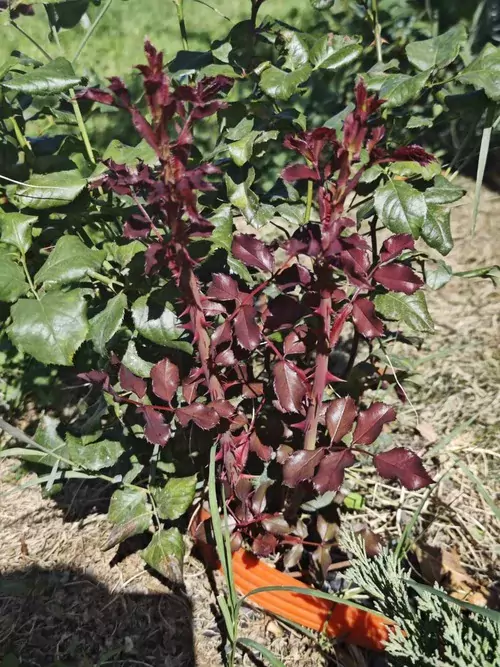
Mistake 2: Cutting Back Blooms
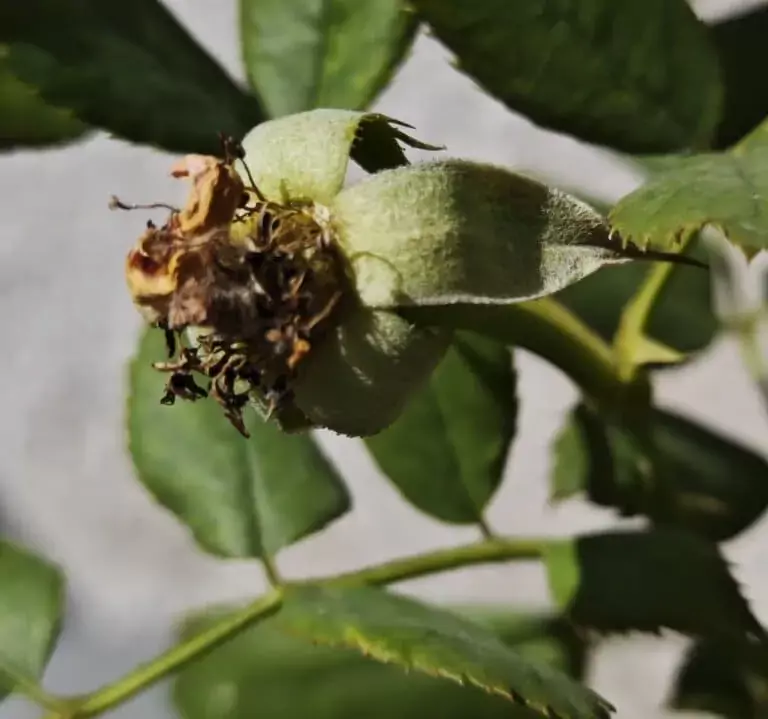
Another mistake is cutting back the spent blooms on your roses in the fall. While tidying your garden may seem like a good idea, it can harm your roses in the long run.
Why You Shouldn’t Cut Back Blooms:
Leaving the blooms to wither on the bushes may look less neat, but it’s essential for the health of your roses. The withered flowers help protect the branches from winter weather. If you continue to cut them back, it stimulates the growth of new basal shoots and buds. These new growths won’t have time to mature before winter arrives, leaving your roses vulnerable.
Mistake 3: Using Nitrogen Fertilizer in the Fall
Some gardeners mistakenly apply nitrogen-rich fertilizers to their roses in the fall, thinking it will provide nutrients for the coming months. However, this can be counterproductive.
Why You Shouldn’t Use Nitrogen Fertilizer in the Fall:
Nitrogen promotes new shoot growth, which your roses do not need in the fall. They should be preparing for dormancy. Save nitrogen fertilizers for spring and early summer when your roses benefit from growth stimulation. Instead, focus on other methods to help your roses winter well.
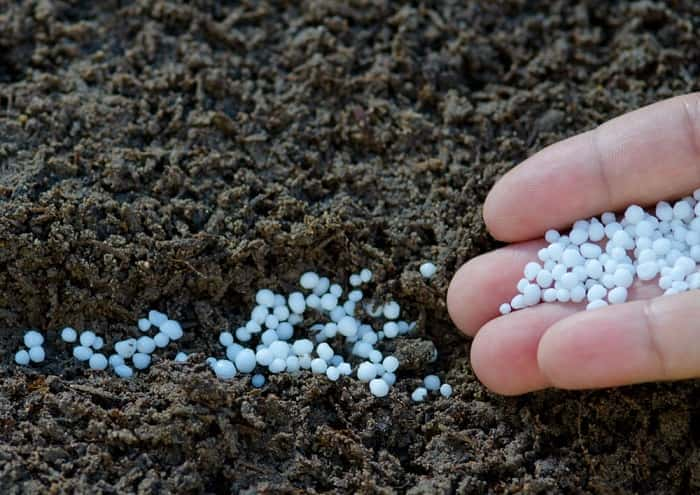
Rose care mistake 4: Neglecting to Prepare for Dormancy
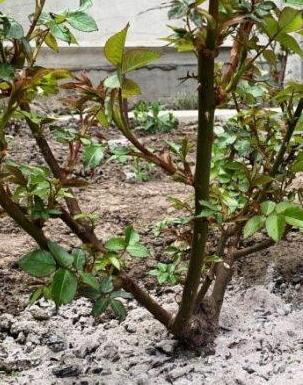
Roses must prepare for their dormant period, crucial for survival through the cold months. Neglecting this preparation can have dire consequences.
Why You Should Prepare Your Roses for Dormancy:
One of the best things you can do for your roses is to sprinkle ash around the base. Ash contains valuable trace elements that help roses prepare for winter. This simple step can make a significant difference in your roses’ overall health and vitality come spring.
Rose care mistake 5: Removing all Leaves
Many gardeners make the mistake of cutting off the leaves from their roses in the fall, thinking it’s an excellent way to tidy up. However, this can be detrimental to your roses’ health.
Why You Shouldn’t Remove Leaves:
Roses have been busy accumulating nutrients in their leaves all summer, and now they need to transport those nutrients to their roots for the winter. Cutting off the leaves in the fall deprives the rose bush of this valuable nutrition. While it’s acceptable to remove yellowing and falling leaves, completely stripping the bush can create wounds that fungi can exploit during damp fall weather, leading to potential problems in the winter.
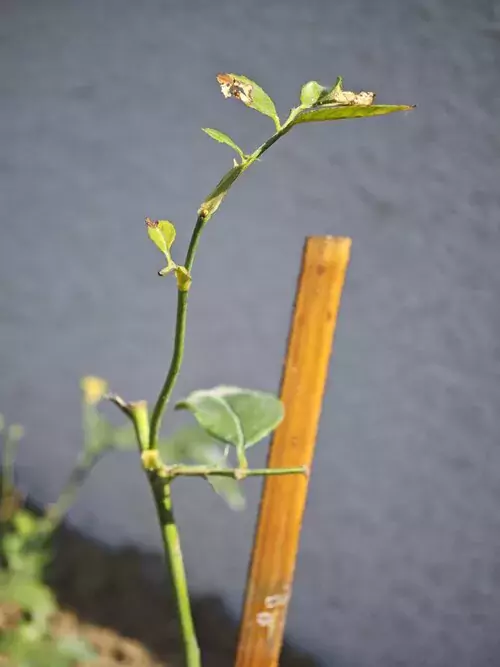
Rose care mistake 6: Covering Roses
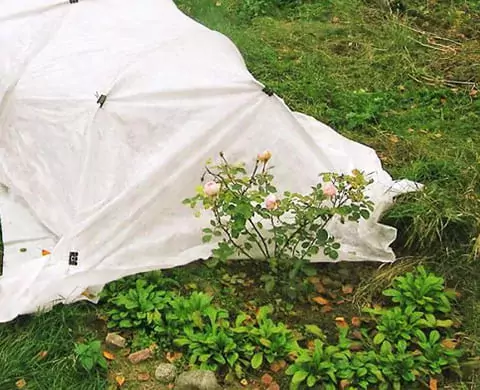
Covering your roses in the fall is a practice that novice gardeners often employ, thinking it’s the best way to protect their precious plants from the cold. However, this is only sometimes the case.
Why You Shouldn’t Cover Roses:
Covering roses can create a microclimate beneath the protective layer, potentially encouraging viral diseases and pests. This practice is unnecessary in regions with mild fall weather and may even prove harmful. In contrast, shielding the plants in areas with severe winters is acceptable—but only when temperatures consistently drop below freezing. Additionally, snow is one of the best natural defenses for roses, while a thick layer of mulch around the base offers extra protection for the roots.
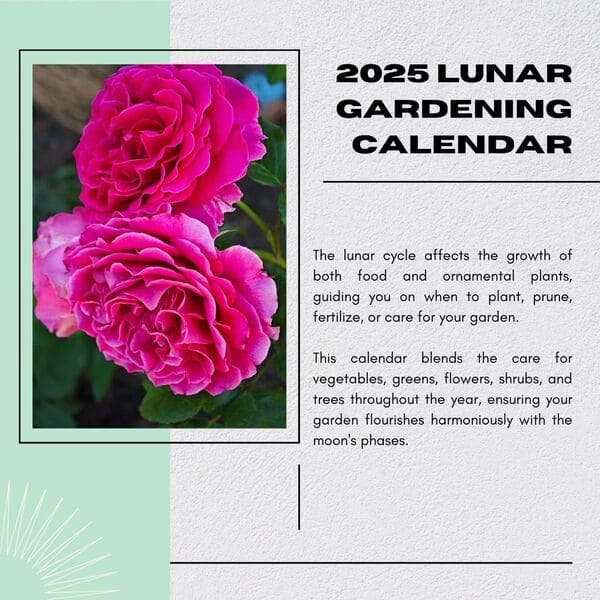
Get Your Free Lunar Gardener's Calendar 2025!
Join the Lunar Gardening Revolution! Subscribe now to receive our exclusive Free Lunar Gardener’s Calendar for 2025. Harness the power of the moon to optimize your planting, nurturing, and harvesting.
Caring for your roses in the fall is crucial to maintaining a healthy and vibrant garden. By avoiding these common mistakes, you can ensure that your roses enter their winter dormancy well-prepared and emerge in the spring with renewed vigor. Remember, patience and understanding the needs of your roses are crucial to their long-term success. With proper care, your roses will continue to grace your garden with their beauty for years.

